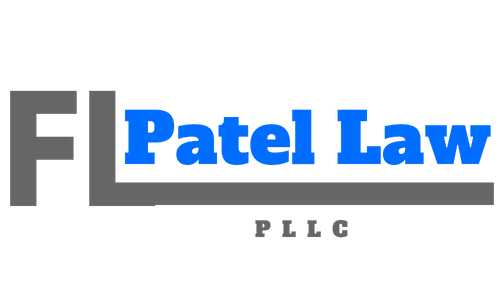Entity and Asset Business Purchase Agreements – What’s the Difference?
Entity and Asset Business Purchase Agreements – What’s the Difference?
An acquisition is just another way of referring to the act of one business purchasing another. There are, however, two different types of acquisitions that use two different kinds of business purchase agreements – asset purchase agreements and entity purchase agreements. The best approach for you will depend on your specific situation, but we hope that our breakdown below will help point you in the right direction. Of course, our corporate attorney can help you decide on which type of business purchase agreement is the best fit for your transaction, too.
Asset Purchase Agreement
Asset Purchase Agreements are reached when one business agrees to purchase the assets of another. These assets include everything from physical property like inventory and equipment to intangible property such as trade secrets and copyrights. The business selling its assets retains its corporate or limited liability company ownership (also known as the company’s “shell”). However, operations will cease. These types of business purchase agreements are especially useful when acquiring a sole proprietorship or general partnership. That’s because, unlike LLCs and corporations, sole proprietorships and partnerships have no ownership structure left over after the purchase.
Entity Purchase Agreements
Also known as Stock Purchase Agreements, these business purchase agreements focus on acquiring of the majority of another business’s stock. Once the transaction is complete, the former owners step aside so that the new management can take over. But the buyer should beware – not only are you acquiring the seller’s entity, you’re acquiring the entity’s debt and other responsibilities as well!
Which Business Purchase Agreement is Right for Me?
While you should consider the unique details of your business transaction, the two main differences between an Asset Purchase Agreement versus an Entity Purchase Agreement are taxes and liability.
As far as taxes go, Asset Purchases tend to favor the buyer because the buyer has the ability to depreciate the assets sooner than not. What’s more, the seller risks double taxation with Asset Purchases. That’s something that almost all of us want to avoid at all costs! When it comes to Entity Purchases, on the other hand, the Seller will typically have the advantage. This is because the seller only pays taxes at the low long-term capital gain rate.
Now let’s take a look at how debts and liabilities impact the parties during an acquisition. With an Asset Purchase, the Buyer enjoys protection from the Seller’s previous debts. The exception with that protection comes when the Buyer agrees to take on the Seller’s debts, usually in exchange for a lower price. Entity Purchases are a little bit trickier. In that situation, the Buyer assumes all of the Seller’s liabilities.
Need Help?
Buying a business is no simple matter, and there’s no shame in asking for some help. There are many resources available for you to learn more, such as our overview on how buyers can avoid being overcharged during an acquisition. Small business attorneys can draft your Business Purchase agreement, help guide you through the legal jargon, and keep an eye out for risks that you might not even be aware of.
Looking to start a business or grow your current business? Contact FL Patel Law today by visiting our website or calling 727-279-5037.





